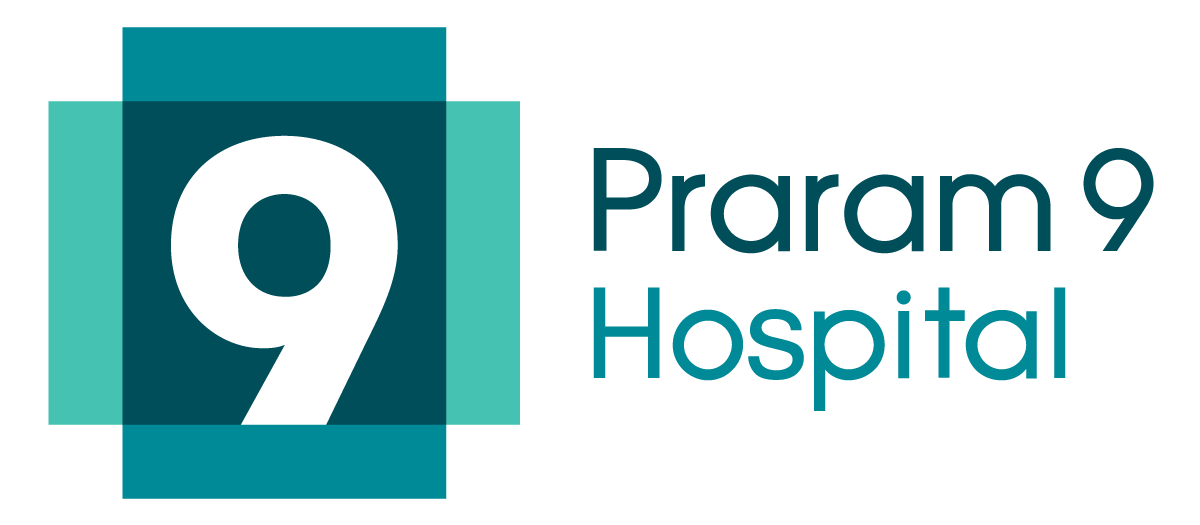
Practices When Getting Sick for Diabetic Patients
Practices When Getting Sick for Diabetic Patients When getting sick, the body will respond in the form of hormones to fight the disease or the illness, which causes the blood sugar to become higher than normal condition. At the same time, the sickness; like nausea, vomit, and bored of food, might cause the loss of appetite and the risk of low blood sugar, especially when using insulin or taking some groups of medicine to reduce the sugar level. Therefore, the practices are needed to make sure that the blood sugar is in the safe level to prevent from coma from high sugar, which are Diabetic Ketoacidosis and Hyperglycemic Hyperosmolar Nonketotic Syndrome. There are 3 types of Glycemic Emergencies, which are: 1. Diabetic Ketoacidosis (DKA) Diabetic Ketoacidosis occurs when there is the acute sickness, such as infection, surgery, accident, or receiving some types of medicine that causes the high blood sugar. The blood sugar is often found more than 250 mg./dl. The symptoms are thirsty, dry throat, fatigue, nausea, vomit, gasp for breath, and fruity-smelling breath, including drowsiness and unconscious. 2. Hyperglycemia Hyperosmolar Nonketotic Syndrome (HHNS) High blood sugar with high osmolarity is often found in the elderly who have poor diabetes control and acute sickness as well as severe dehydration with the blood sugar of higher than 600 mg./dl. In some cases, the blood pressure might become low and the consciousness will gradually reduce until being

